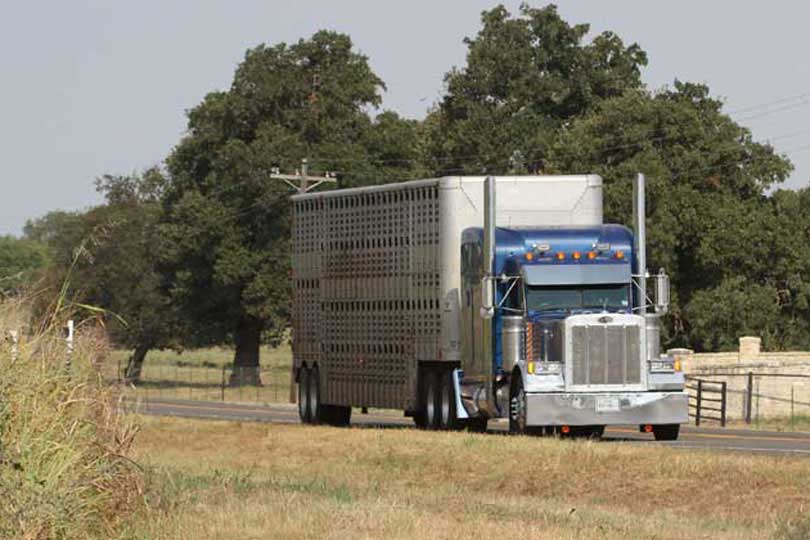By Jennifer Dorsett
Field Editor
The U.S. Department of Transportation (DOT) Federal Motor Carrier Safety Administration (FMCSA) recently published a new final rule revising hours of service requirements for truck drivers.
The rule will take effect this fall.
The rule will expand short-haul driving limits from 12 to 14 hours and extends the distance limit from 100 to 150 air miles.
“America’s truckers are doing a heroic job keeping our supply chains open during this unprecedented time, and these rules will provide them greater flexibility to keep America moving,” U.S. Transportation Secretary Elaine Chao said in a release announcing the rule change.
Since 1937, hours of service rules have specified the permitted operating hours of commercial truck drivers. FMCSA said the updates will improve safety on American roads while alleviating unnecessary regulatory burdens.
“The Department of Transportation and the Trump administration listened directly to the concerns of truckers seeking rules that are safer and have more flexibility, and we have acted,” FMCSA Acting Administrator Jim Mullen said. “These updated hours of service rules are based on the thousands of comments we received from the American people.”
In addition to short haul expansions, other key revisions include allowing drivers to take their required 30-minute break using on-duty, not driving status. The rule also will allow truckers to split a required 10 hours off-duty into two periods, as well as extend the maximum driving window during adverse driving conditions by two hours.
Farmers and ranchers who rely on the nation’s transportation system to move goods are cheered by the move.
The American Farm Bureau Federation (AFBF) and Texas Farm Bureau (TFB) have long championed changes to hours of service, citing the unique needs of transporting agricultural products and livestock.
Although FMCSA has made some allowances made for agricultural commodities in hours of service rules, the decision to increase the air-mile radius is particularly important for agricultural products that are ineligible for the agricultural exemption, such as processed products like soybean meal, distillers grains and flour.

